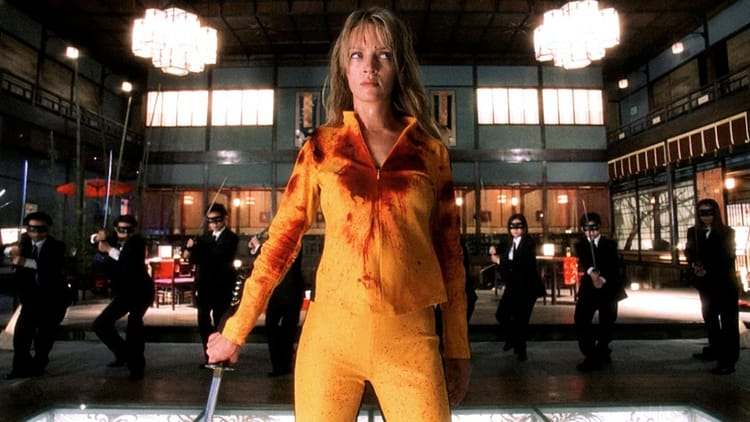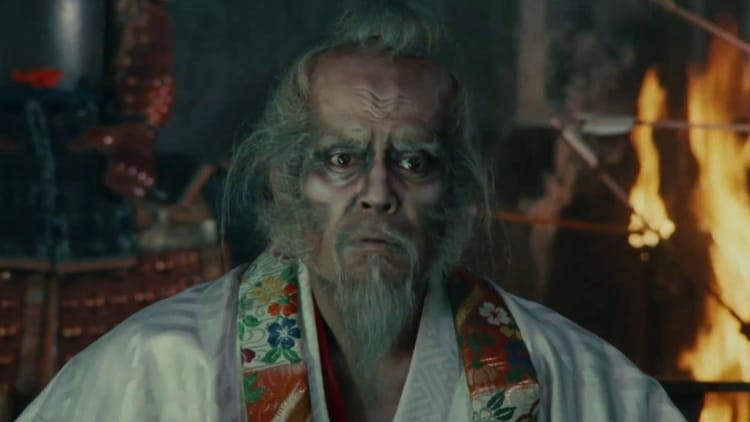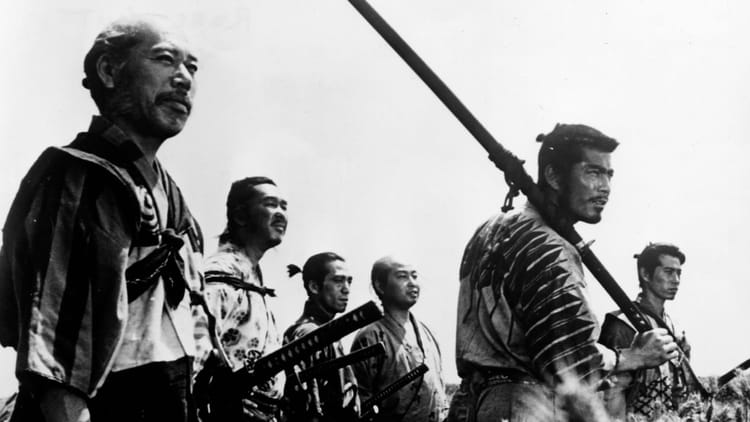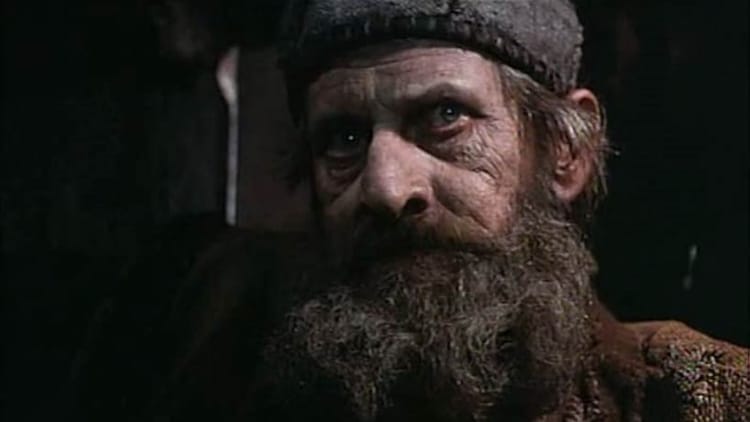Assassin
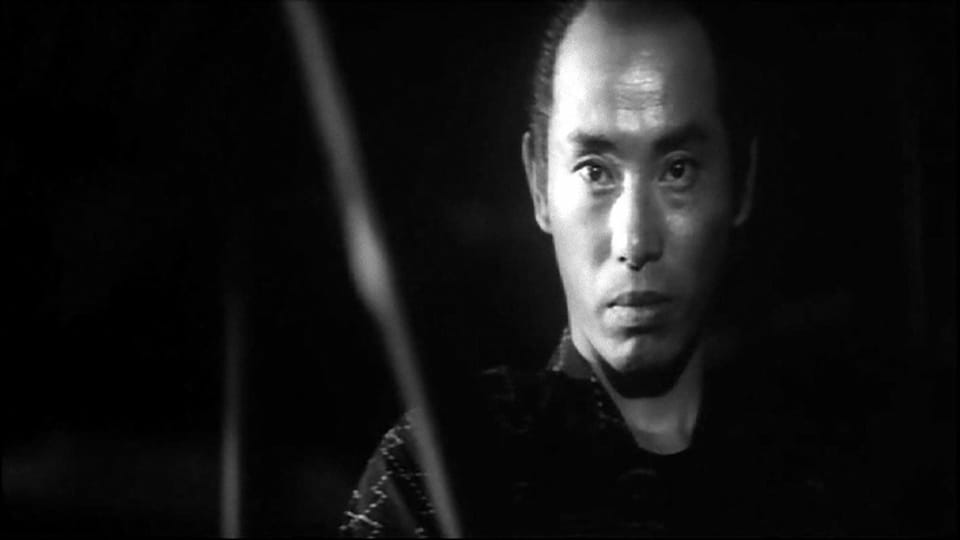
In a tumultuous time of shifting loyalties and political intrigue, you got Kiyokawa, who used to be all about Emperor Worship and stirring up trouble against the Shogunate. But now? Lord Matsudaira ropes him into cobbling up a Free Samurai Army, out to blast the Shogun’s foes to bits. But his moves aren’t fooling anyone. Matsudaira’s like, “Let’s get someone to snoop on Kiyokawa in case he flips back to his old Imperial gig.” Enter ronin Tadasaboru Sasaki, on surveillance duty.
Kiyokawa’s no open book — dude’s always hiding under some massive straw hat, and his past is revealed through flashbacks. His own posse, like Ishizaka and the would-be assassin Sasaki, can’t figure him out. Is he a cold-blooded tough guy or trying to keep things low key? Did he hate the Shogunate for nationalistic reasons or because they rubbed him wrong? Is he a master planner or just winging it? And who’s he really loyal to — the Emperor, the Shogunate, Japan, or just himself?
The questions keep bouncing around, evading straight answers. It’s like Japan’s own post-World War II soul-searching. Kiyokawa’s basically Japan’s Joe Schmo, trying to find his place in a society that’s all shaken up, ditching the old rules and trying something new.
Assassin, Masahiro Shinoda’s pivot from gangster flicks to historical dramas, weaves a grand tale packed with intrigue, drama, punch-ups, and romance. It’s a mirror for the tangled-up mess it’s set in, just like its cryptic protagonist.
In Japan, they loved this flick, but global showings? Not so much. The story’s like a big ol’ puzzle, complex to crack. But let me tell ya, it’s a durn masterpiece. A mix of storytelling styles and killer visuals keep you hooked. The violence hits hard, but the real jaw-dropper is this tense showdown without a single drop of blood spilled.
Assassin has a slick plot, low-key acting, eye-popping visuals, and Tōru Takemitsu’s stunning soundtrack. It’s a gem waiting for a comeback.

